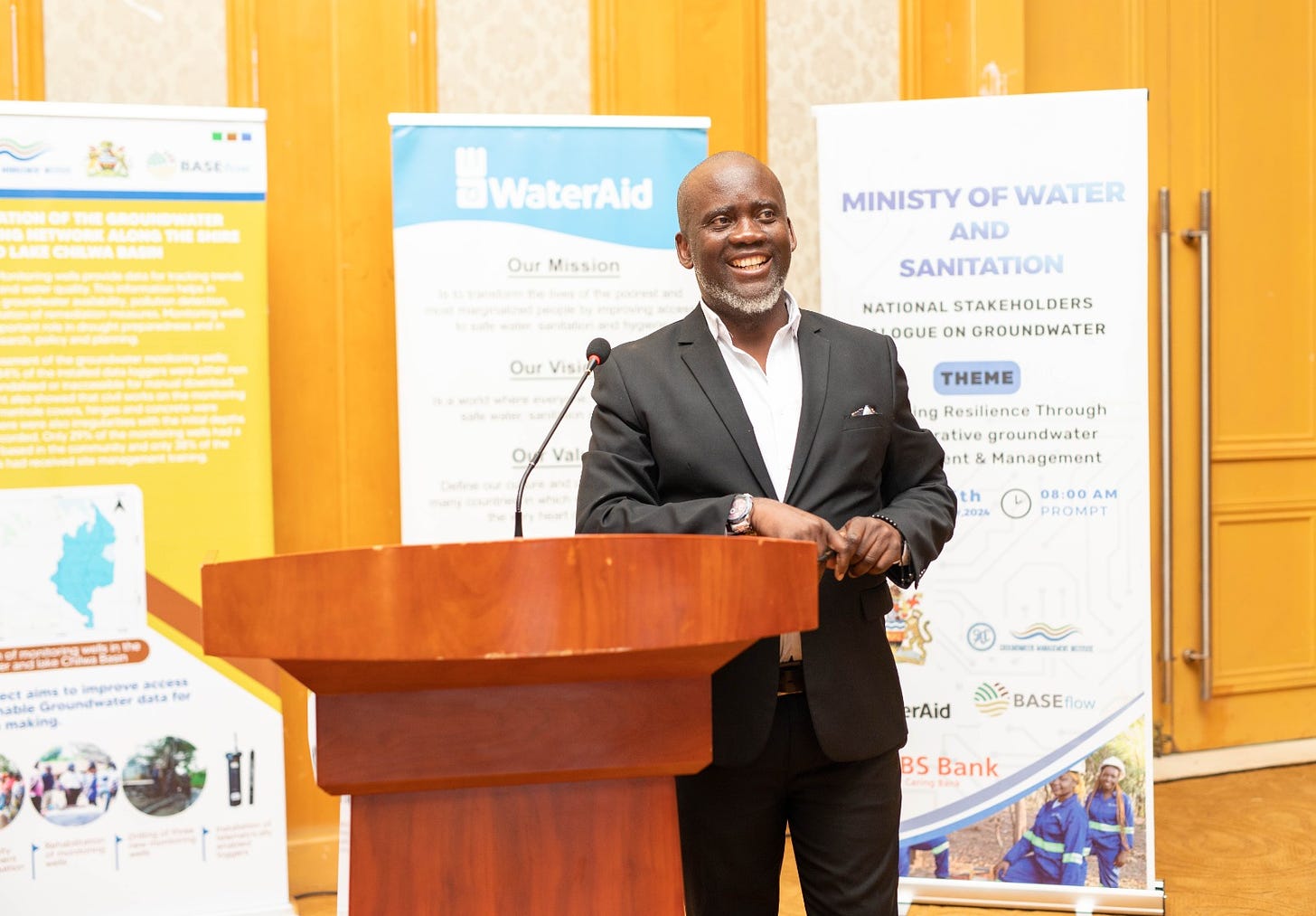Study: Chlorine Program Yields Economic Benefits in Fighting Water Disease
Evidence Action, a nonprofit organization, focuses on scaling evidence-based solutions to improve healthcare, education and economic outcomes in developing countries.
MACHINGA, Malawi — Evidence Action reports that its chlorine distribution program is delivering significant economic returns while preventing waterborne diseases in Malawian communities, writes Meclina Chirwa.
Speaking at a policy colloquium on the Safe Water Now program, Evidence Action Program Manager Moses Chisangwala said the initiative represents a crucial investment in human capital.
"Waterborne diseases cause inconveniences to people both economically and socially," Chisangwala said.
"If a household spends more money on hospital bills, that erodes their financial resources."
He added that childhood illness leads to school absenteeism, affecting long-term educational outcomes.
The program has achieved over 80% user adherence rates, demonstrating strong community acceptance.
Chisangwala emphasized that preventing waterborne diseases increases productivity, reduces healthcare costs and enhances economic stability.
Rep. Enock Phale of Salima North-West called for increased investment in water infrastructure.
"If only rural people celebrate easy access to safe water, then we can be proud of that," Phale said.
"We must adapt technologies that are user friendly and culturally responsive."
According to the World Health Organization, Malawi loses 20% of productivity due to water-related absenteeism.
UNICEF reports that poor sanitation and hygiene cost the nation $57 million annually — 1.1% of GDP — in health expenses and lost productivity.
Evidence Action, a nonprofit organization, focuses on scaling evidence-based solutions to improve healthcare, education and economic outcomes in developing countries.



